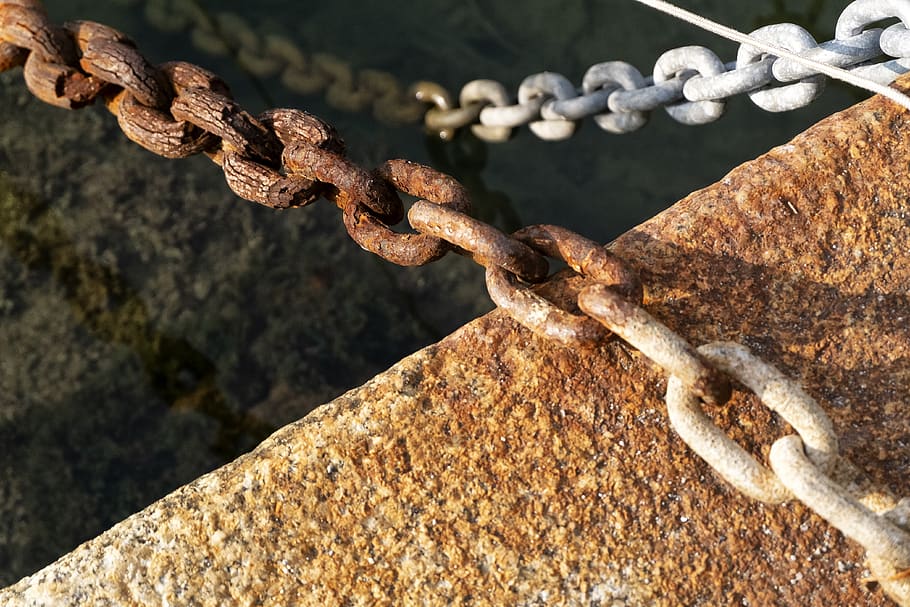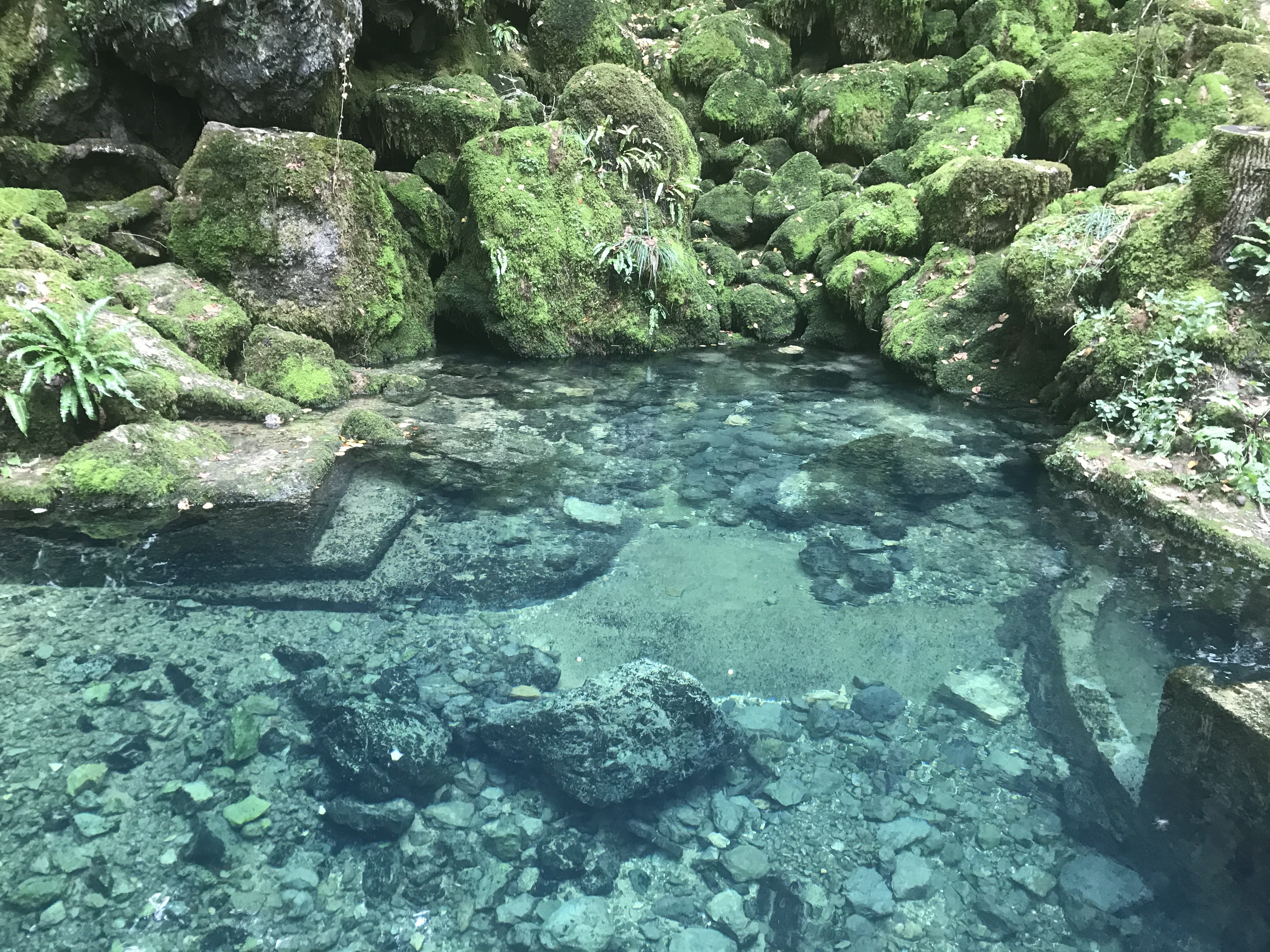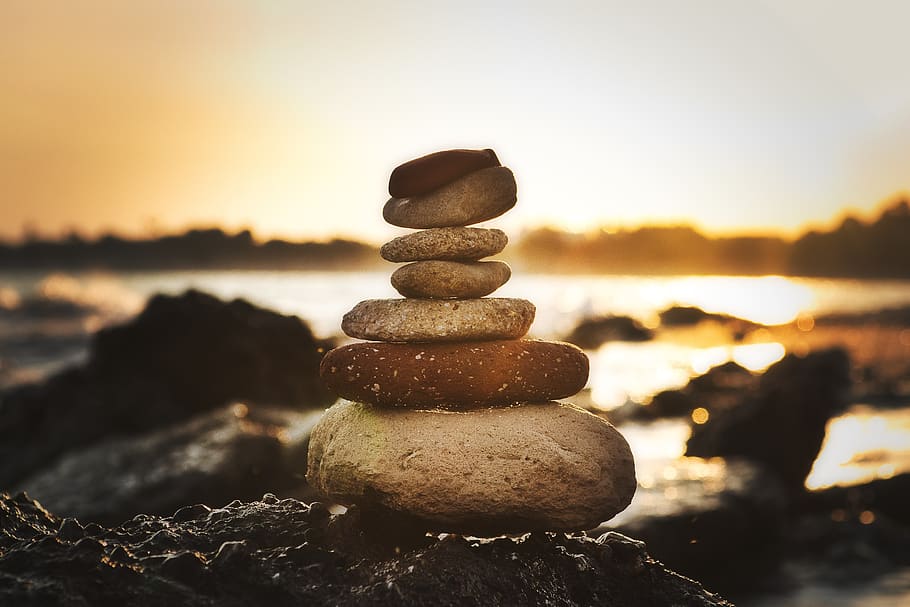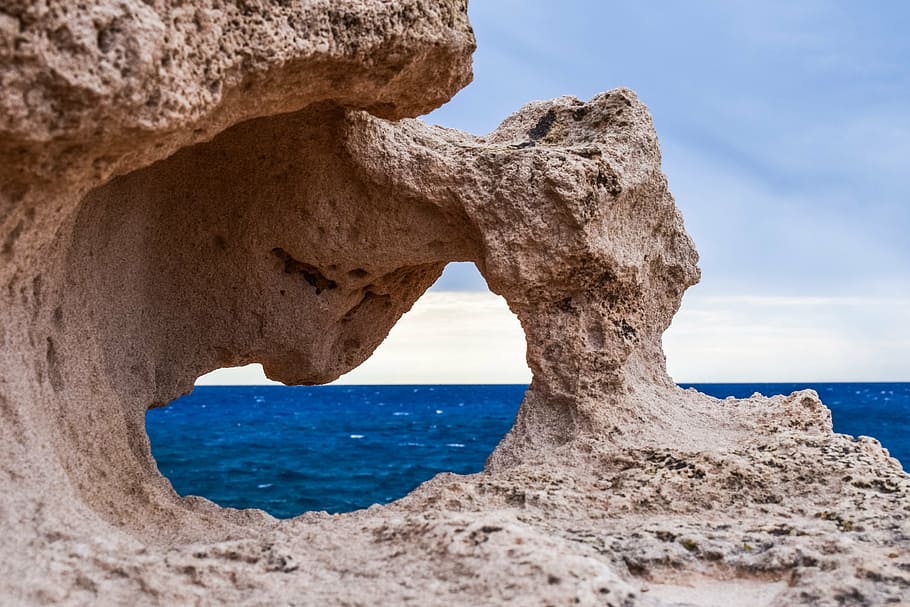It's that time of year when our friends and colleagues in the faculty are refreshing and finalizing their course syllabi and online course materials. Here are our best tips of the season to make sure that library content in your course reading lists works properly when you need it to!
It is well-documented that online links are not reliable or stable long-term. That's no different in the library world. Test your links before classes start to prevent confusion and last-minute scrambling! It is helpful to make a list of any broken links that need to be addressed.

OneSearch searches most of the library's electronic databases, and is the best way to determine if we have alternate access to the articles, ebooks, or videos that you need. Simply copy and paste the article title into the search box in order to see if and where that article lives in our databases. Navigate to the full text from your search results and make note of any unavailable titles.

Think twice before you copy the URL from your browser's address bar! Those links are normally temporary and will expire and break shortly after you visit them! To get links that will last, take a look at our faculty tutorial for how to generate stable permalinks to library content. Just know that permalinks should persist as long as the content is available to the library in that platform. That means that even with permalinks, you still need to check your content links periodically!

Databases frequently change their title lists, which means that an article we had last Spring may be gone in the Fall! Search the library's collections for alternative titles, or talk to your liaison librarian to explore other options.

We are here to help you and your students get to the content you need. Visit our Faculty page for the library's copy-and-paste syllabus statement!
0 Comments.